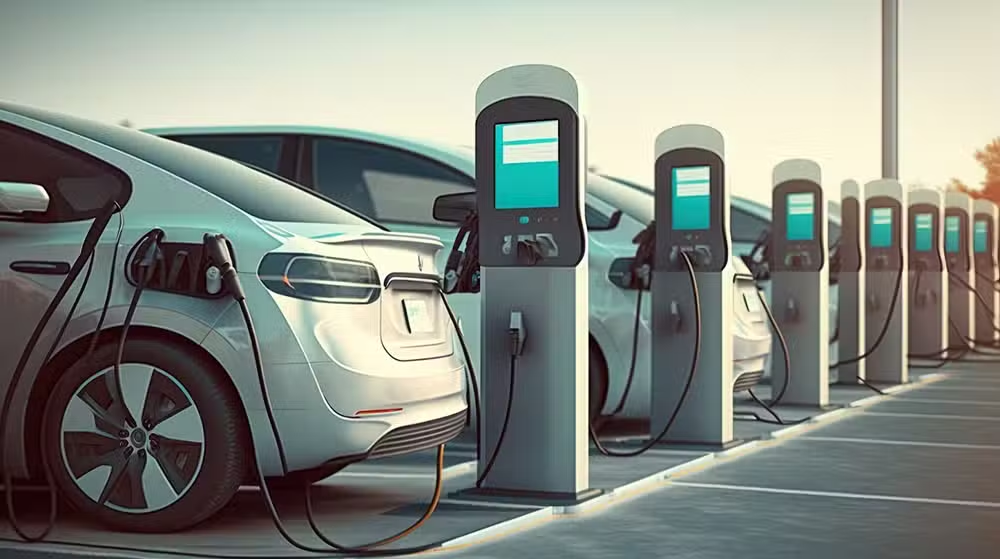Islamabad,Sep 24: The Prime Minister has established a policy committee to promote the local manufacturing and early adoption of Electric Vehicles (EVs), including New Energy Vehicles (NEVs), with the aim of creating a sustainable transport system in Pakistan.
The committee’s focus will extend to encouraging energy efficiency and the transition to cleaner technologies within the automotive sector.
Committee Composition:
The committee consists of key figures from various sectors, including:
Federal Ministers for Industries and Production, Finance and Revenue, Power, and Petroleum
Coordinator to the PM for Climate Change and Environmental Coordination
Governor of the State Bank of Pakistan
Secretary of the Ministry of Industries and Production
Chairman of the Federal Board of Revenue
Chairman of the Pakistan Banks Association
Other co-opted members as necessary
Terms of Reference (TORs):
1. Policy Development for EVs: Formulate a comprehensive policy to encourage local manufacturing and early adoption of EVs and NEVs, taking into account international practices and local needs.
2. Charging Infrastructure: Develop a national plan for the rapid deployment of charging stations, including fast-charging infrastructure, at key locations like highways and urban centers. This will involve collaboration with Oil Marketing Companies (OMCs) and the National Highway Authority (NHA).
3. Federal Government Vehicle Replacement: Oversee the transition from conventional vehicles to EVs within the Federal Government fleet.
4. Tariff and Duty Structure: Propose an appropriate tariff structure for charging stations and create a favorable tariff and duty framework to support local EV manufacturing and adoption.
5. Climate Change Goals: Align national transportation goals with climate change objectives by reducing carbon emissions and encouraging clean energy use in the automotive sector.
6. Public Awareness Campaigns: Promote public education on the environmental and cost benefits of EVs to encourage wider adoption.
7. Financial Incentives: Design a financial structure to incentivize EV demand through grants provided in the federal budget.
8. Collaboration with Provinces: Engage with provincial governments, as well as the governments of Gilgit-Baltistan (GB) and Azad Jammu and Kashmir (AJK), to build synergies and gain support for the committee’s objectives.
This policy initiative reflects Pakistan’s commitment to modernizing its transportation infrastructure while reducing envi
ronmental impact through sustainable practices.









